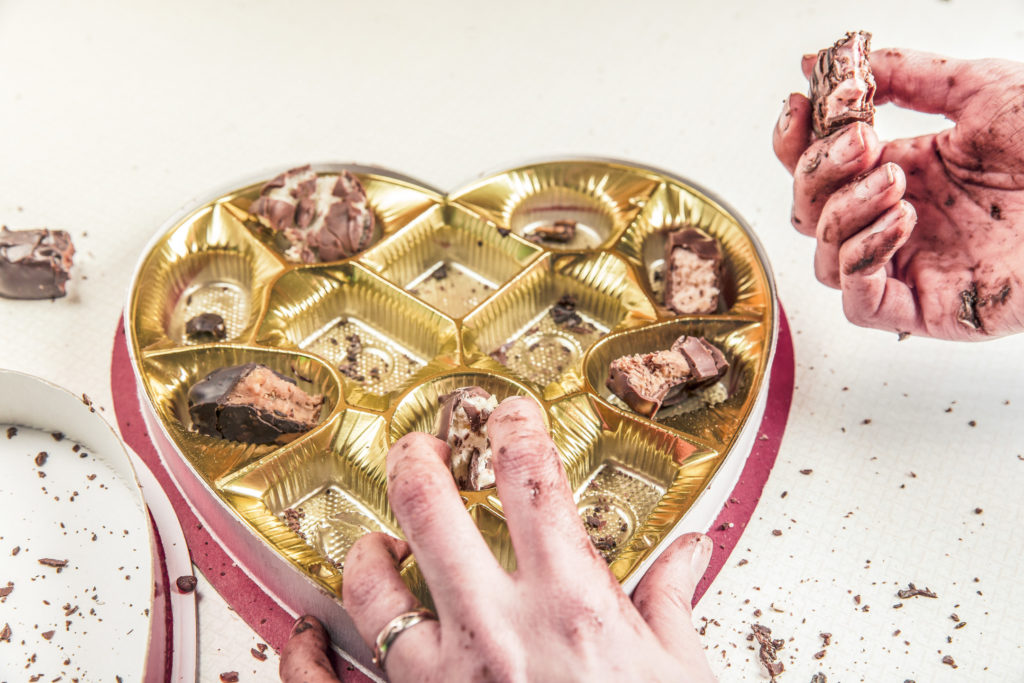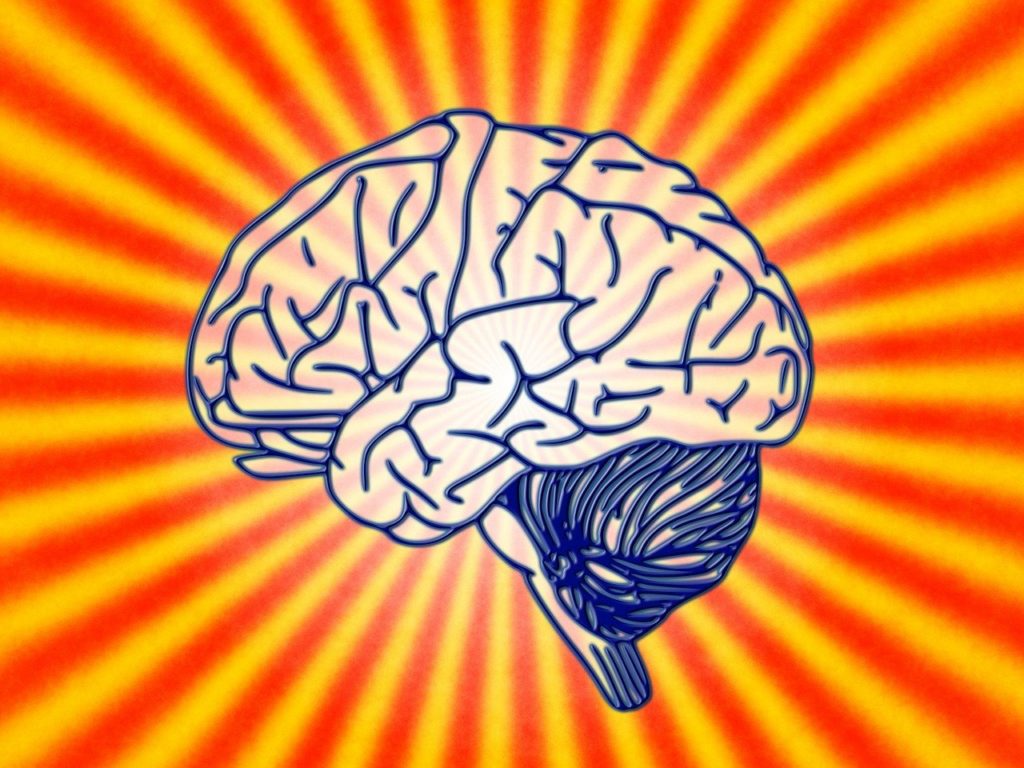Why Curiosity Makes Us Crave
By Yvonne Milosevic
Holiday shopping looked a little different this year (thanks, COVID!). But savvy marketers still tapped into some powerful neuroscience to pump up sales. Today, we’re exploring the link between unsatisfied curiosity and cravings.
When we receive information that quenches our curiosity, the dopamine hits, and ta-da! Our monkey brains react like we’re about to get a reward. But when we don’t get the answers we seek, our brains start craving satisfaction substitutes. When that happens, researchers have found that we’ll often overeat or overspend to scratch that information itch.
According to a study co-authored by Foster School of Business marketing professor Shailendra Jain, unsatisfied curiosity has a direct connection to indulgence. Jain and his co-authors—independent researcher Kyra Wiggin and Martin Reimann of the University of Arizona—conducted several experiments to test their theories about unsatisfied curiosity.
In one study, the researchers had participants look at several blurred images and guess what they were. Later, some of the test subjects got to see the un-blurred photos while the rest did not. Using fMRI scans, the researchers measured blood oxygenation in the insula. This area of the brain is associated with the desire for reward. They found that test subjects experiencing unsatisfied curiosity showed greater activity in this region.
The researchers then measured indulgence using chocolate candies. Those who saw only the blurred images ended up eating about 50 percent more.
 Further tests produced similar outcomes. Unsatisfied curiosity led people to pay more for a luxurious vacation and a trial membership at a fancy gym—even though the regular gym membership included a $15 discount.
Further tests produced similar outcomes. Unsatisfied curiosity led people to pay more for a luxurious vacation and a trial membership at a fancy gym—even though the regular gym membership included a $15 discount.
Marketing Potential of Unsatisfied Curiosity
This link between unsatisfied curiosity and indulgence will help marketers and product designers better understand consumer behavior. It can also provide a boost as they promote their luxury items. Whatever creative approach marketers take, injecting unsatisfied curiosity into the equation is vital if selling indulgent products is the goal.
But apart from the obvious marketing significance, Professor Jain also sees a health implication to the study’s findings. “There’s a piece of this that could help us better understand the complicated pathway to addiction,” he notes.
In this time of COVID-19, so many of us are stressed out and stuck at home. That’s why there’s an even greater urgency to understand unhealthy behaviors, Jain says. If we can reveal and understand the forces that drive us toward indulgence, we can get closer to interventions to counter those effects.



